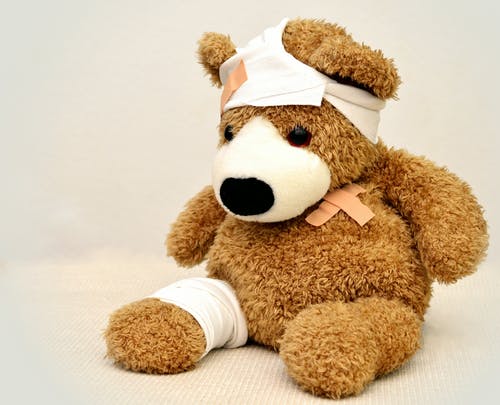“You may tend to remember predictions you made that worked out well but forget those that did not.” From Serious About Retiring, Temuna Press, 2019, p. 167
Predicting is easy. Being right is hard.
When something bad happens in your health, do you assume that your new situation is the new normal? Or do you think that the situation will get even worse? Or are you likely to feel that things will go back to normal?
Your answers to these questions will have a profound effect on how you think about and plan for your future years in retirement. For example, problems with pain or mobility might encourage you to think shorter-term than necessary and thereby miss much of the positive impact of a longer life.
Through the years as I age, I have seen the full range of outcomes in my own health. I am frequently surprised. Sometimes pains, such as in knees or hips or other places, develop. I am convinced that it is the beginning of the end. But it isn’t. They go away. Maybe they will return or maybe not. On the other hand, small things can get big and must be dealt with immediately.
There is an adage attributed in part to Cicero in 45 BC and also to the lesser-known playwrights Norton and Sackville in 1561. It is: “Hope for the best, but plan for the worst.” I think that there is more to it than that. The adage should also include “and do what you can.”
Here are some ideas on what you can do to manage your future health. They will not happen on their own – you need to make them happen.
- Improve your diet and exercise programs. Stop harmful behaviors (e.g. drugs, smoking, excessive pain killers and alcohol.)
- Monitor your health frequently, perhaps quarterly, to identify problems before they get big and hard to fix. This could include measuring metabolites at least annually.
- Work closely – actively and regularly – with your physician and other professionals on your health. You can use Google to help you formulate the questions to ask, but the Internet is not a substitute for the substantial skills and practical experience that professionals have in diagnosis and treatment.
- Get recommendations and referrals from your physicians to others that can help diagnose problems and improve your general health.
- Make sure that you have accountability partners to keep you on track and facilitate change.
Even with all of these you will have health challenges. There are no guarantees, except that you will eventually die. Even so, a commitment to managing your health now may lessen the chances of premature bad outcomes and could improve the quantity and quality of your future life.

